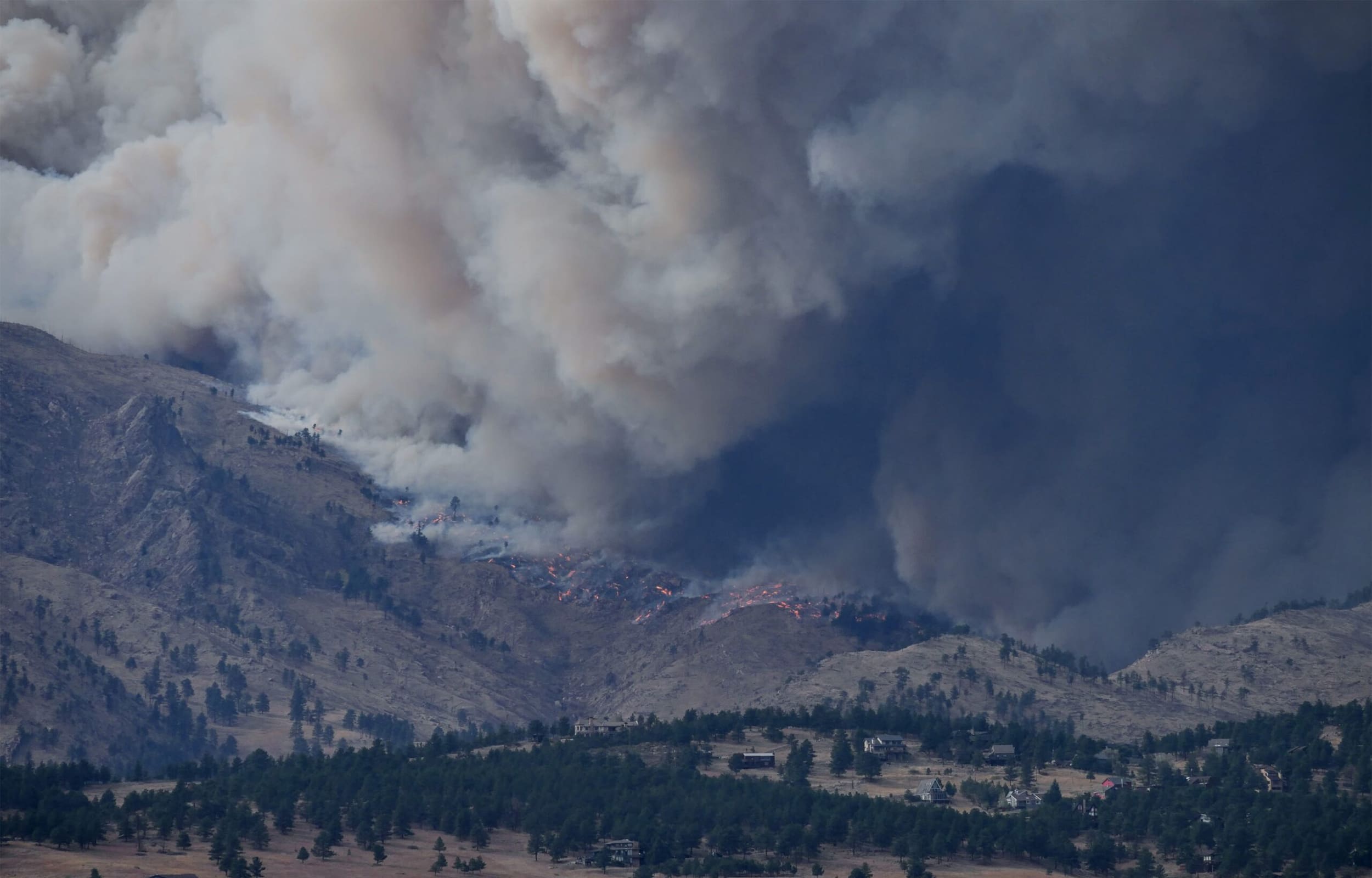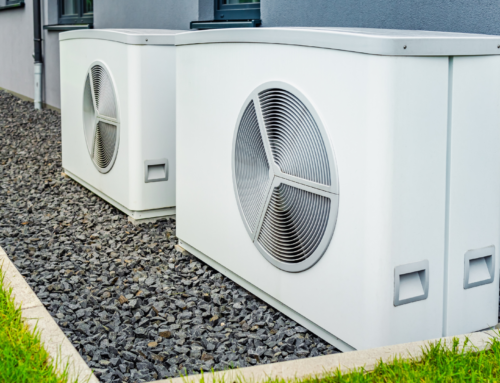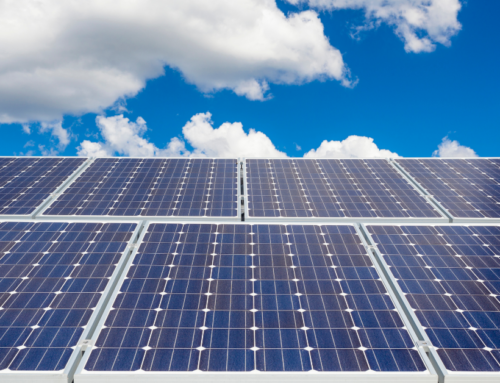What Is Climate Change?
Climate change refers to the long-term alteration of average global weather patterns, including temperature, precipitation, and wind patterns. These changes result from the release of large amounts of greenhouse gasses (GHGs) such as carbon dioxide, methane, and nitrous oxide into the atmosphere. GHGs trap heat from the sun and warm the planet, hence the term global warming.
While global temperatures have been increasing overall—with 2011–2020 being the warmest decade on record—the term “climate change” better encapsulates the various and wide-reaching effects of this phenomenon.
Climate Change: Causes and Effects
Climate change is primarily caused by human activities that release vast amounts of GHGs into the atmosphere. The burning of fossil fuels such as coal, oil, and natural gas for energy production, transportation, and other purposes releases carbon dioxide, the most abundant GHG. Causes of climate change also include deforestation, agriculture, and land use changes that contribute to GHG emissions by removing carbon sinks and releasing stored carbon into the atmosphere.
As GHGs continue to warm the planet, the effects of climate change play out across the globe in many different ways. Some of the most significant impacts include:
- Rising sea levels
- More frequent and intense weather events and natural disasters
- Alterations in the timing and patterns of plant growth, migration, and breeding of animals
- Species extinction and biodiversity loss
- Natural resource scarcity
Here in Colorado, we’re feeling the impact of climate change, too. Warmer temperatures are causing mountain snowpack to melt earlier in the year, reducing water storage and availability. In addition, we’re seeing an increase in the frequency and severity of wildfires, shifts in the range and distribution of wildlife and plants, and cascading effects on ecosystems and the services they provide.
How To Mitigate Climate Change
Though climate change is a massive issue that must be addressed on a global scale, there are still actions you can take as an individual and community to help mitigate the effects of climate change. You can:
- Make conscious consumer choices and support sustainable and ethical companies
- Advocate for government policies that address climate change and reduce GHG emissions
- Plant trees and promote the health of local forests and waterways
- Reduce energy consumption by using energy-efficient appliances and lighting, driving less, and reducing waste
- Shift to clean, renewable energy sources such as solar, wind, and hydropower, which do not release GHGs
Here at the Colorado Clean Energy Fund, we support Coloradoans in their efforts to transition to clean energy. We use the tools we have as a green bank to break down the financial barriers that inhibit access to clean energy for communities across the state. Explore our products and programs here to see how we can help you reach a solar-powered and sustainable future.
Sources:







